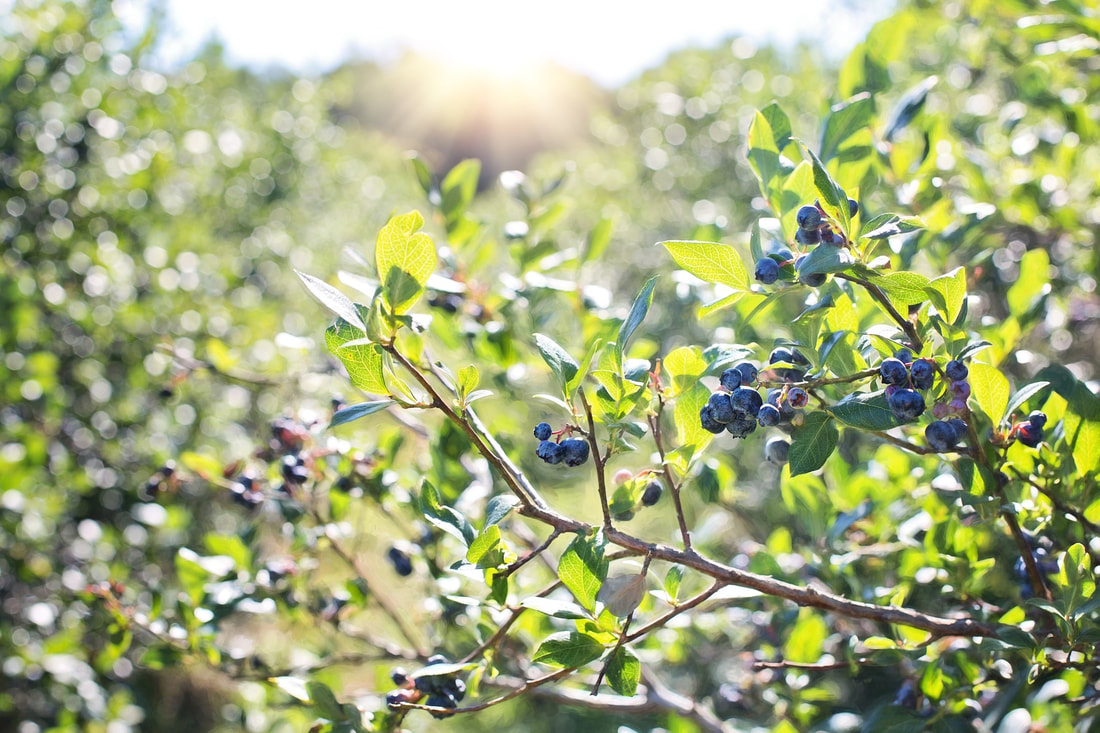|
The U.S. Department of Agriculture approved buying up to $10 million in Maine wild blueberries to help farmers deal with an oversupply heightened by competition from cultivated berries.
Also read, America's Mountain Of Cheese! The USDA’s Commodity Supplemental Food Program acquires surplus agricultural goods and distributes them to food banks and other charitable organizations. Early this year, the Maine Wild Blueberry Commission asked the federal government to buy up 30 million pounds of frozen berries to clear up some of the oversupply from the harvests of the past two years. Nancy McBrady, the commission’s executive director, said that while the purchase will help Maine producers in the short term, the surpluses will continue if the state doesn’t start to combat the conditions that caused gluts in the first place. “The industry is grappling with the fact that there has been a very large increase in the Canadian blueberry crop over the past six years,” McBrady said during a phone interview Friday. In 2010, Canada harvested less than 92 million pounds of blueberries. Last year, that number swelled to 299 million pounds. Maine’s harvest has also grown, but at a much slower rate — from about 82 million pounds in 2010 to 107 million pounds in 2016. Canada is now responsible for three-quarters of the world’s frozen wild blueberry supplies, with Maine contributing the remaining quarter. The Canadian dollar’s lower value has given their blueberries a price advantage in national and international markets. The price for berries dipped down to about half the cost of production this spring, between 25 and 29 cents, one grower told Maine Public. Maine’s congressional delegation announced the surplus purchasing decision Thursday. “This investment to alleviate the supply issue, combined with the industry’s efforts to boost demand, will help create new opportunities for wild blueberry growers and support a bright future for this unique Maine crop,” U.S. Sen. Susan Collins said in a news release. Maine’s congressional delegation earlier this year wrote to the USDA, asking them to come to the aid of the state’s wild blueberry farmers “following three years of near-record crop sizes” and other challenges. Jon Antil, who has been growing and harvesting blueberries in Northfield for three decades, said that small Maine operations like his haven’t been able to keep pace with Canadian growers, who enjoy heavy subsidies. He worries the smaller growers will start to disappear over the next few years if conditions don’t improve. Many Canadian growers use publicly owned land that is leased to them by the government at low rates, which has swelled the number of acres used by blueberry growers in recent years. Those subsidies have helped along Canada’s rapidly growing blueberry industry and made it nearly impossible for Maine growers to keep pace, Antil argued. “We just can’t compete against their price, especially with the lower costs they have,” he said. Antil said he hopes Maine’s congressional delegates seek out a solution to make Maine more competitive, such as making it more costly for Canadian berries to cross the border. The Wild Blueberry Commission says it’s working to boost its marketing presence and drive more blueberry sales to avoid future gluts. That includes a push to benefit from a growing smoothie craze. Homemade smoothies accounted for 60 percent of all U.S. frozen fruit consumption in 2016, according to Dole Food Company. “We are shifting our strategy to target more large-scale food service, restaurant chains and manufacturing businesses, and because of our abundant supply, we are better positioned than ever,” McBrady said. “We really have to shoulder through this currency and oversupply situation the best that we can.” SOURCE Darren Fishell and Nick McCrea, Bangor Daily News
0 Comments
Leave a Reply. |
Advertisement
News & Updates
Stay informed with the latest news around foodservice, agriculture and other related food news. Advertisement Opportunities
|


 RSS Feed
RSS Feed


